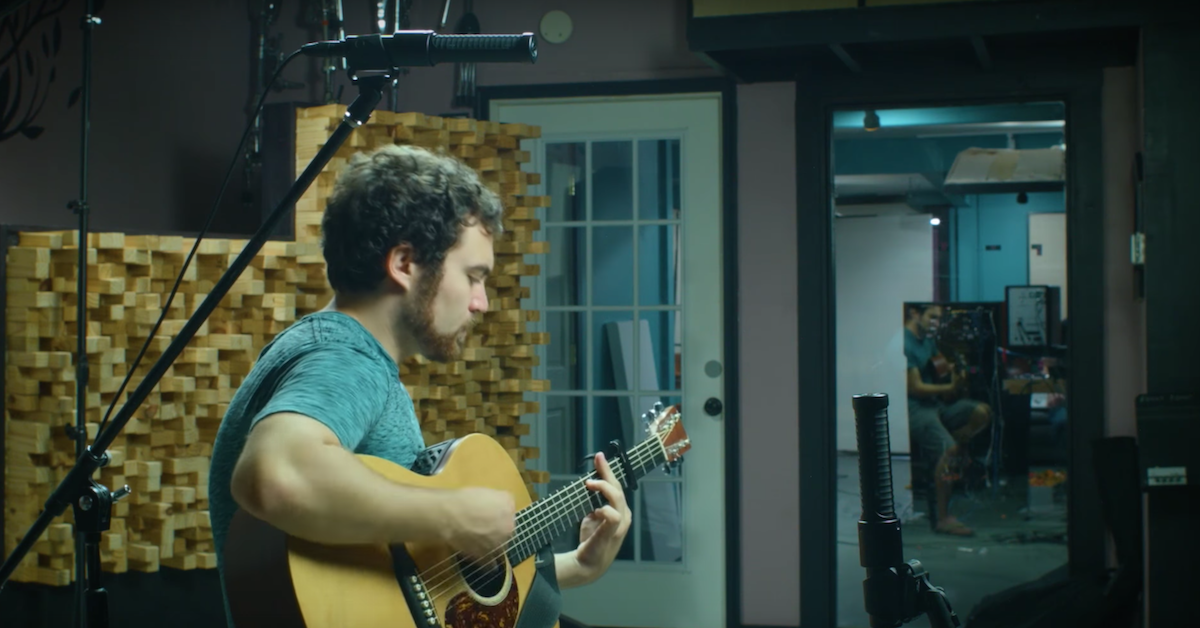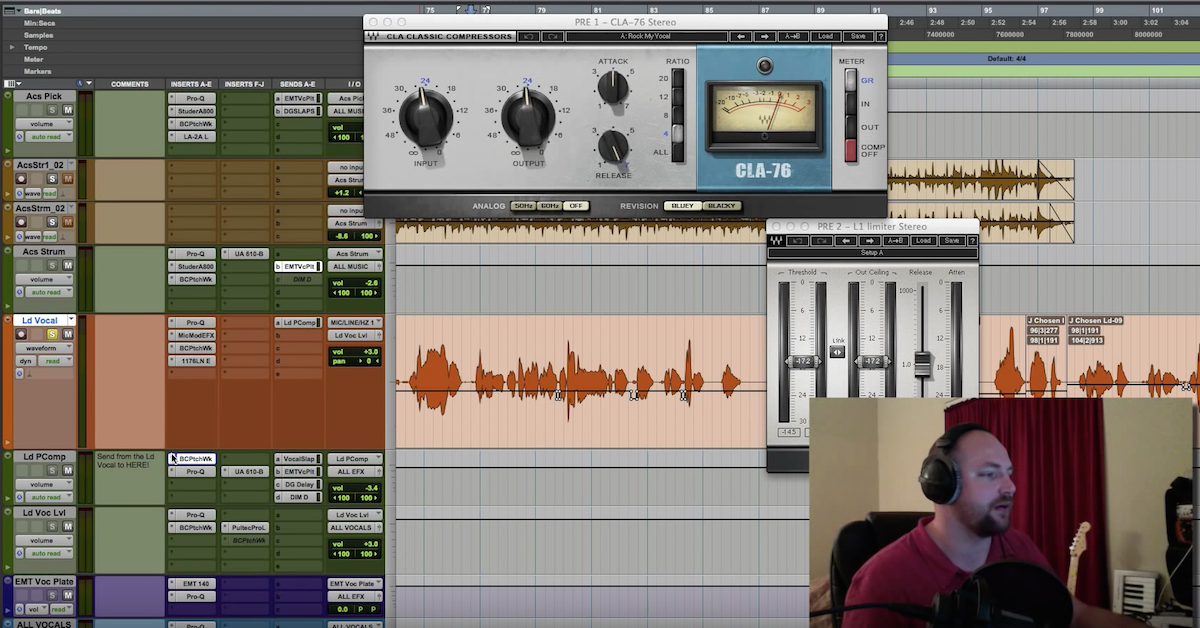7 Ways to Make Money as an Audio Engineer (Besides Music)
Article Content
Many of us got into audio because we’re music lovers. That’s certainly the path I took – my audio skills were just a byproduct of my need to record my own music. Once I started getting gigs as an audio engineer, however, I began to realize that there are plenty of audio jobs that don’t necessarily have anything to do with music, but can still be highly educational and fulfilling, or at the very least can help pay the bills. So whether you see these options as long-term career opportunities or temporary side gigs, here are a few ways you can apply your audio engineering skills to earn a living.
1. Film and Television Audio
If you’re looking to build your career as an audio engineer, the film and TV industry is one of the few remaining places where you can land secure jobs that include things like vacation pay and retirement plans. There are also a variety of jobs available to skilled audio professionals in this industry, from location sound recording to a variety of audio post-production roles like dialogue editing, ADR recording, sound design, or foley artistry.
On a personal note, the film and TV industry is where I’ve found most of my audio work, both music and non-music related. One of the benefits I’ve discovered about working in this industry is that starting out in the audio department is a great way to work your way into other roles. I started out as a boom operator, and this later led to opportunities in post-production sound, music editing, and even landed me some composition gigs.
2. Podcast/Audiobook/Voiceover Recording
If you have a studio with a decent vocal booth, there’s no reason that you shouldn’t be doing voiceover recording sessions. Many studios (at least in my experience) charge the same hourly rate for voiceover recording sessions as they do for recording a full band, so you’re really not losing out by taking on voiceover clients as well as musicians.
One of the benefits of taking on more voiceover sessions is that they’re fairly simple to execute. So you can take on a few extra voiceover sessions every week, and then use all of the extra energy/brain space you freed up to work on a music project you’re really passionate about.
3. Live Sound Engineering
Yes, live sound engineers often mix live concerts, but there are plenty of other live events that need audio engineers as well. Public speaking events, conferences, charity events, office Christmas parties, outdoor church services, sweet 16 birthday parties – all of these events need sound systems, and more often than not, they need someone to operate that sound system as well.
True story: I once worked as a bicycle sound system delivery/setup person while living in London, which meant that I would load up a cargo bicycle with a full PA system (complete with mixer, microphones, stands, and speakers), ride it to your event, and set it up for you. While the company I worked for was occasionally hired for events like open mic nights, the majority of our business came from public speaking style events or parties.
4. Software Design
For the digitally-inclined audio engineer, software design is becoming an attractive career path. As more plugin companies pop up, the need for audio experts who are also computer programmers continues to grow. And the need for tech-savvy audio pros extends beyond music plug-ins as well.
Software companies like iZotope make a whole line of audio tools that are geared specifically towards film and TV post-production, plus there are plenty of app makers, video game design companies, and other software companies that need skilled audio engineers working for them as well.
5. Audio Equipment Repair/Sales
For those who are more inclined towards the analog world, repairing and selling audio gear represents a major business opportunity. Whether it’s on your own through an online medium like eBay or craigslist, or through work at a retail location, there’s plenty of money to be made by dealing in audio equipment, especially the vintage kind.
Years ago, after getting hired at a music store and quickly learning that I was terrible at convincing people to buy expensive guitars, I worked for a while as an instrument repair technician. This job actually had a lot in common with mixing music – you basically take something that doesn’t sound great and make it sound better – plus it gave me the added satisfaction of being able to work with my hands all day.
6. Acoustical Design
While this path typically requires additional training, most audio engineers already have the basic foundational skills required to become acousticians. If you’re interested in acoustics, the job prospects are wide-ranging; just look at some of the careers outlined by the UK Institute of Acoustics – recording studio/concert hall design, industrial product sound design, environmental acoustics, music therapy, speech and language pathology, seismology… With these types of job prospects, acoustical engineering represents a real chance for audio lovers to make an impact on the world around them.
7. Audio Branding
This may sound like an odd one, but there are several major businesses founded on supplying audio expertise to brands. The Sound Agency (founded by Julian Treasure, who has given many TED talks on sound and audio) is probably the biggest one out there, and they work with companies like Honda, Nokia, and the BBC. And if big brands are using these services, what’s to say that small businesses in your community wouldn’t benefit from these types of services as well?
These days everyone seems to be obsessed with branding, and sound design can play a huge role in creating a cohesive brand, whether that brand is a small business or a major multinational corporation. I’ve had the opportunity to work with a few businesses in my area to create custom music stings for their animated logos, and this is just one way that businesses can work with audio experts to help them define and spread their brand.
Conclusion
When you really think about it, audio engineers have some of the broadest career possibilities of any occupation. There’s sound all around you virtually all the time, and more often than not, whether it’s a song on the radio, a podcast on your phone, or the sound of a fountain in your city park, this sound is engineered by someone. So why not be the one doing the engineering?






